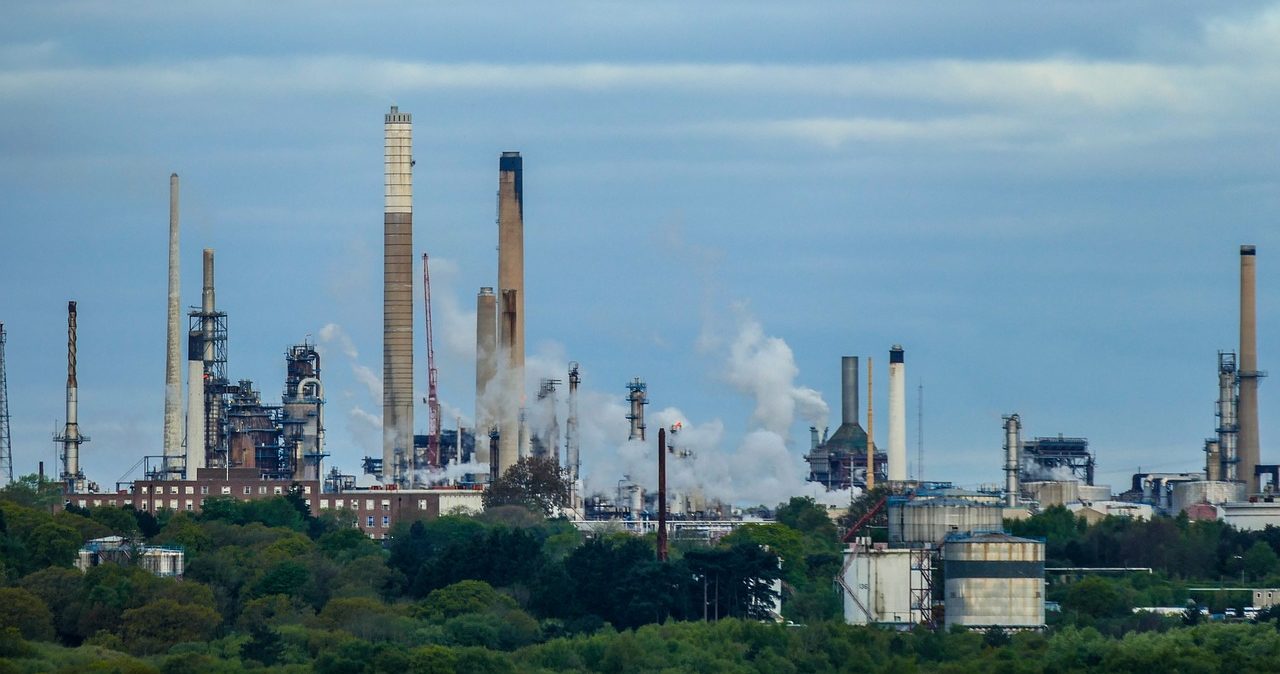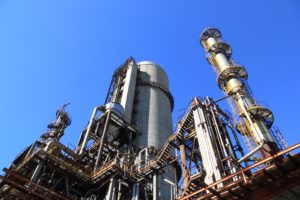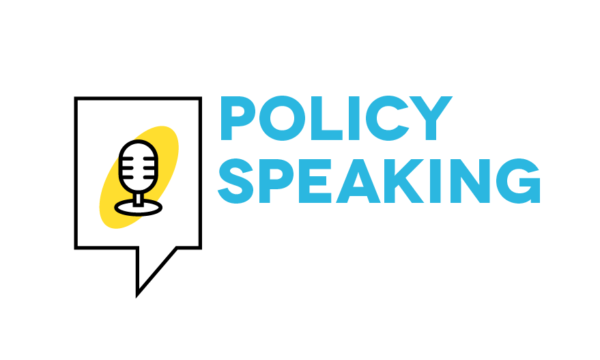
Edward Greenspon: Oil Chaos and the M.I.A. Strategy
Policy Speaking BlogCanada has never been an energy superpower, especially in terms of its largest energy commodity: oil. We are price takers not price makers. We export, dribblings aside, to only a single market. We are woefully non-strategic and unsophisticated in the ways of the world; our innate sense of decency distracting us with “ethical oil” arguments that never take.
A couple of decades back, Canadian officials were briefing U.S. counterparts on the proposed Mackenzie Valley pipeline (never built). They unfurled a pipeline map, which included a dotted line out to the Pacific. The other side asked what that was. A future export line to Asia, came the reply. No, that’s never going to happen the hard-headed Americans scoffed.
They get national interests.
Saudi Arabia and Russia also know how to play the strategic game. In 1986 and 2014, the Saudis set out to punish upstart oil producing nations that challenged their market stranglehold. Meanwhile, Russia uses petroleum as an instrument of state power. In March, their uneasy OPEC+ alliance fractured into an ill-timed production war that has sliced prices in half. Feuding aside, they share a common adversary in U.S. shale oil.
The collateral damage on Canada — which accounted for about 6% of global crude exports last year worth C$87 billion and boasts greater reserves than Russia —represents a helpful side benefit. On this, the Russians and Saudis can agree. (Though they can also probably agree that the collapse in demand stemming from the COVID-19 crisis has fouled everyone’s nest.)

Three of the 10 provinces within our beloved federation – Newfoundland, Saskatchewan and Alberta – are engaged in the same life struggle as everyone else with COVID-19 while also coping with oil’s implosion. On the east coast, the Come-by-Chance refinery has closed and the plug has been pulled on some offshore developments. On the Prairies, consolidation and restructuring are in the cards for cash-starved small- and medium-sized producers. For larger operators in the oil sands, something like one-quarter of production is set to be shut-in as the consequences of over-reliance on mismanaged U.S. growth.
Whatever one’s view of oil, we will all be better served by an orderly transition over the current chaotic bloodbath. As energy economist Peter Tertzakian says, we’ve telescoped 30 years of transition into 30 days. While there will be a rebound, this should speed up our thinking processes.
Let’s face three realities about the future of oil in general and the oil sands specifically:
- Demand will decline considerably in the coming decades, as climate change policies and clean energy technologies bite. Until then, would Canadians prefer to see the Saudis, Russians and Americans – none of them committed to the Paris Agreement – displace domestic oil?
- Oil won’t be disappearing. Just scrabbling for position among a more diverse group of energy sources. Would we prefer to be insecure importers saddled with a huge trade deficit and parts of the Prairies pauperized like the Dirty Thirties?
- Oil sands production — particularly from newer developments — is not as expensive as generally understood. Once the capital is sunk, operating costs can be competitive. And, unlike in Russia, the depletion rate is virtually zero and there’s no need for exploration costs for another 50 years. The trick is to contain carbon emissions.
So what does an orderly process look like? Well, it begins by leveraging the current crisis to move swiftly toward a cleaner fossil fuel future. What this will require is:
- Completing an offshore pipeline, so as to hedge our exposure to our American energy ‘frienemies’ and generate capital to finance change;
- Investing more heavily in the decarbonization of our oil patch through such means as electrifying production and regaining the lead we once enjoyed in carbon capture, utilization and storage. If a clean future and strong economy is our goal, we should also put ourselves among the trailblazers in ‘big leap’ technologies that offer extra efficiencies and alternatives, such as extracting the hydrogen from hydrocarbons.
This entails large public infrastructure investments at a time when governments will be looking to reignite an economy emerging from lock-down. Today’s double whammy could become tomorrow’s double boon – stimulating economic activity while addressing the existential threat of climate change.
 In exchange, oil producers would have to sign on to a social contract to cut their emissions, including a down payment on Canada’s 2030 Paris goals and longer-term measures to achieve net zero by 2050. Progress would be tracked by a neutral federal-provincial entity along the lines of the multi-stakeholder Canadian Institute for Health Information. Any excess emissions would be taken out of the system through production reductions or shutdowns of older, less efficient plants. Over-achievement would be rewarded since emissions are the enemy, not production.
In exchange, oil producers would have to sign on to a social contract to cut their emissions, including a down payment on Canada’s 2030 Paris goals and longer-term measures to achieve net zero by 2050. Progress would be tracked by a neutral federal-provincial entity along the lines of the multi-stakeholder Canadian Institute for Health Information. Any excess emissions would be taken out of the system through production reductions or shutdowns of older, less efficient plants. Over-achievement would be rewarded since emissions are the enemy, not production.
Canada’s immediate priority is managing the pandemic and its economic fallout. Soon, though, we will need to launch a process aimed at reinventing the oil industry to be more globally competitive on costs and carbon, and co-existent with multiple other energy sources.
Nature bestowed on Canada several world-class advantages: the fur trade (once); the cod fishery (once); the Prairie breadbasket (still); a mother-lode of minerals (still); the oil sands (still?). Let’s use these gifts to the best of our abilities. Let’s be strategic.
New podcast: The Energy Sector and COVID-19 with Peter Tertzakian
Host Edward Greenspon is joined by the Executive Director at ARC Energy Research Institute Peter Tertzakian. Listen as Canada’s pre-eminent energy economist and energy historian helps us see the far reaching impacts that COVID-19 has on the Canadian energy industry.
Guests so far have included:
- David Dodge: The Economy After the COVID-19 Crisis
- Anne McLellan and John Manley: Governing Through a Crisis
You’ll get updates here or follow us on Twitter @ppforumca and LinkedIn.






